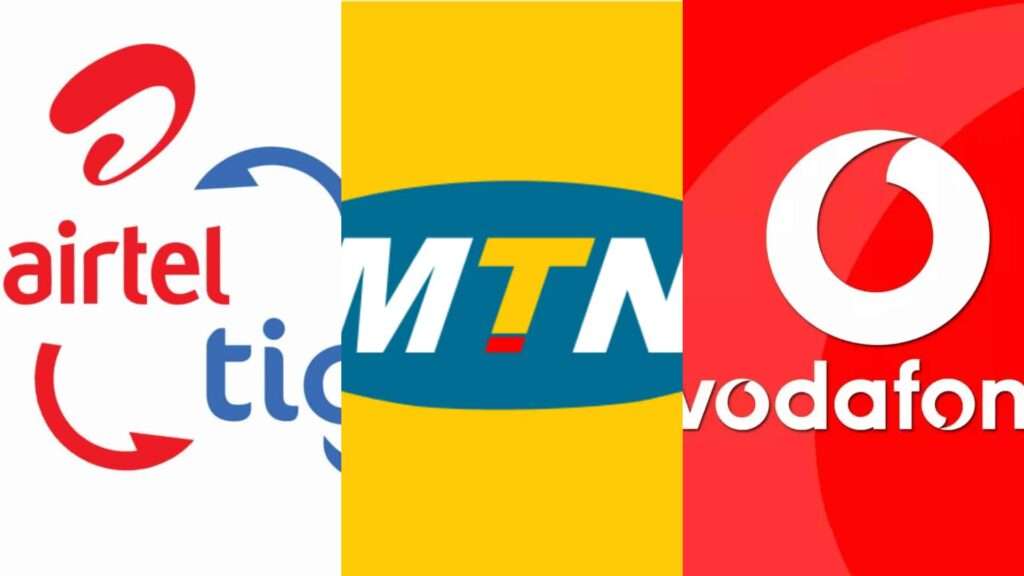In a spectacular display of strength and tenacity, Ghana’s mobile money sector has seen an unprecedented growth, with total transactions exceeding Ghc550 billion in the first four months of 2023.
According to recent data issued by the respected Bank of Ghana, this represents an amazing year-on-year growth rate of 66.2%.
Comparatively, during the same period in 2022, mobile money transactions amounted to Gh¢331.2 billion, showcasing a significant acceleration in the adoption and usage of mobile money services across the country.
As stated by reports, should this upward trend persist, it is highly likely that the total mobile money transactions for this year will once again exceed Gh¢1 trillion, reaffirming Ghana’s position as a leader in mobile financial services in the region.
Delving into the specifics, the Bank of Ghana’s May 2022 Summary of Economic and Financial Data revealed that mobile money transactions in January 2023 reached an estimated Gh¢130.1 billion, a substantial leap from the Gh¢76.2 billion recorded during the same period in the previous year.

The report further noted that the rising trend continued in February, with transactions reaching Ghc134.0 billion, well exceeding the similar amount of 76.5 billion in February 2022. Mobile money transactions increased even more in March 2023, hitting Ghc147.5 billion, up from 90.5 billion in March 2022.
However, April 2023 witnessed a slight dip, with mobile money transactions falling to Gh¢138.8 billion (compared to ¢87.7 billion in April 2022).
Despite this minor setback, the overall growth trajectory remains undeniably impressive, solidifying the mobile money sector’s pivotal role in Ghana’s financial landscape.
Revenue Generation Declines In The Mobile Money Sector
Surprisingly, this tremendous increase in mobile money transactions has occurred at a time when the country imposed a 1% Electronic Transaction Levy (E-Levy) to generate additional revenue.

Contrary to expectations, the application of this charge has functioned as a stimulus for increased growth, rather than a deterrent to the use of mobile money services.
According to the data, mobile money transactions have increased at a slightly higher pace of 1.5% after the adoption of the E-Levy in May 2022.
Recognizing the potential impact of this tax on the economy and to alleviate the burden on consumers, the Ghanaian government, on 11 January 2023, reduced the E-Levy rate from 1.5% to 1.0%. This adjustment reflects a proactive approach by the government to balance revenue generation with fostering a conducive environment for digital financial services to thrive.
The reasons behind this discrepancy are multifaceted and require a comprehensive examination of various factors, including consumer behavior, market dynamics, and the overall economic climate.
It is important for policymakers and industry stakeholders to collaboratively explore strategies that can optimize revenue streams from mobile money services without hindering their remarkable growth trajectory.
Read also: Minister Lauds the Contributions of Afreximbank to Ghana’s Economy




















